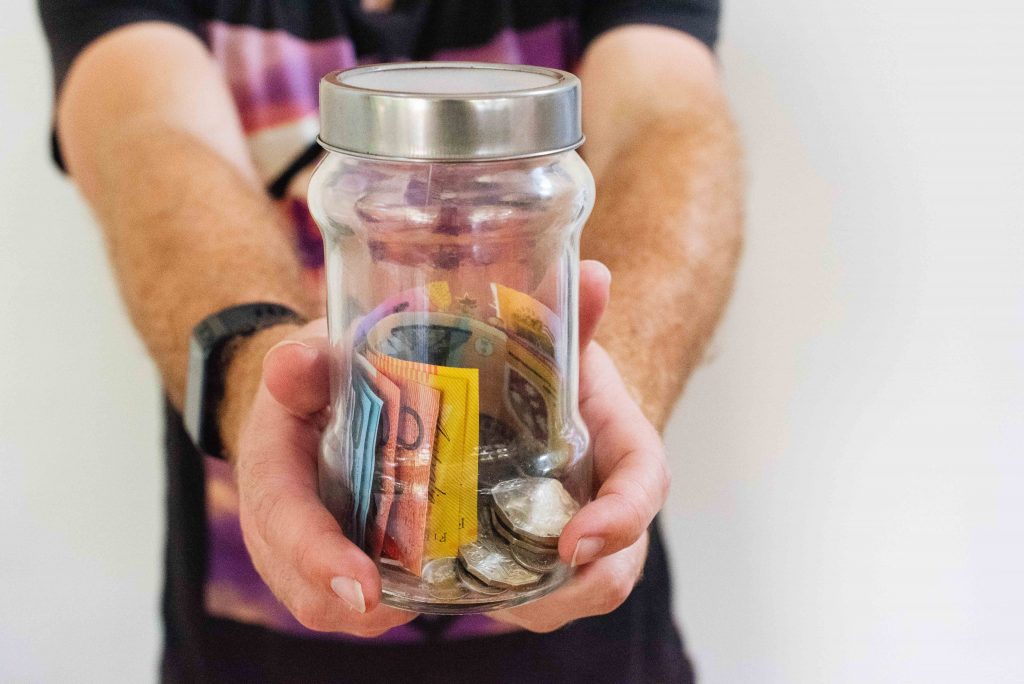It’s tax time! Super rules have changed for low-income workers

It’s that time of the year when employers and employees are completing their tax returns. Remember: there have been a few changes to superannuation rules.
In February 2022, we updated you on changes to superannuation that were coming on 1 July 2022. Now that we’re here, here’s a quick refresher on the law and how it’s changed.
The basics
Superannuation is a regular payment made into a fund that will eventually be paid out to a worker as their pension on retirement. It is compulsory in Australia. Employers must pay the minimum super guarantee for their eligible employees.
The super guarantee charge (or SGC) is a charge that applies when employers fail to do that. It applies to the ‘shortfall’ that they haven’t paid.
So, what’s changed?
Arts workers earning less than $450 a month used to miss out on super because they weren’t eligible. From 1 July 2022, they are now eligible!
What does this mean?
- If you are a worker earning less than $450 a month, you should make sure that your employer is making super contributions for you.
- If you are an employer, you should make sure that you are making super contributions for those low-income workers or risk paying the SGC.
As at 1 July 2022, the government has also increased super guarantee contribution rate that employers have to pay from 10% to 10.5% of an employee’s earning base.
For more information, check out Arts Law’s recently updated Information Sheet on Superannuation and contract for services.
If you need assistance with your tax returns or more information on superannuation, visit the Australian Taxation Office’s website.

